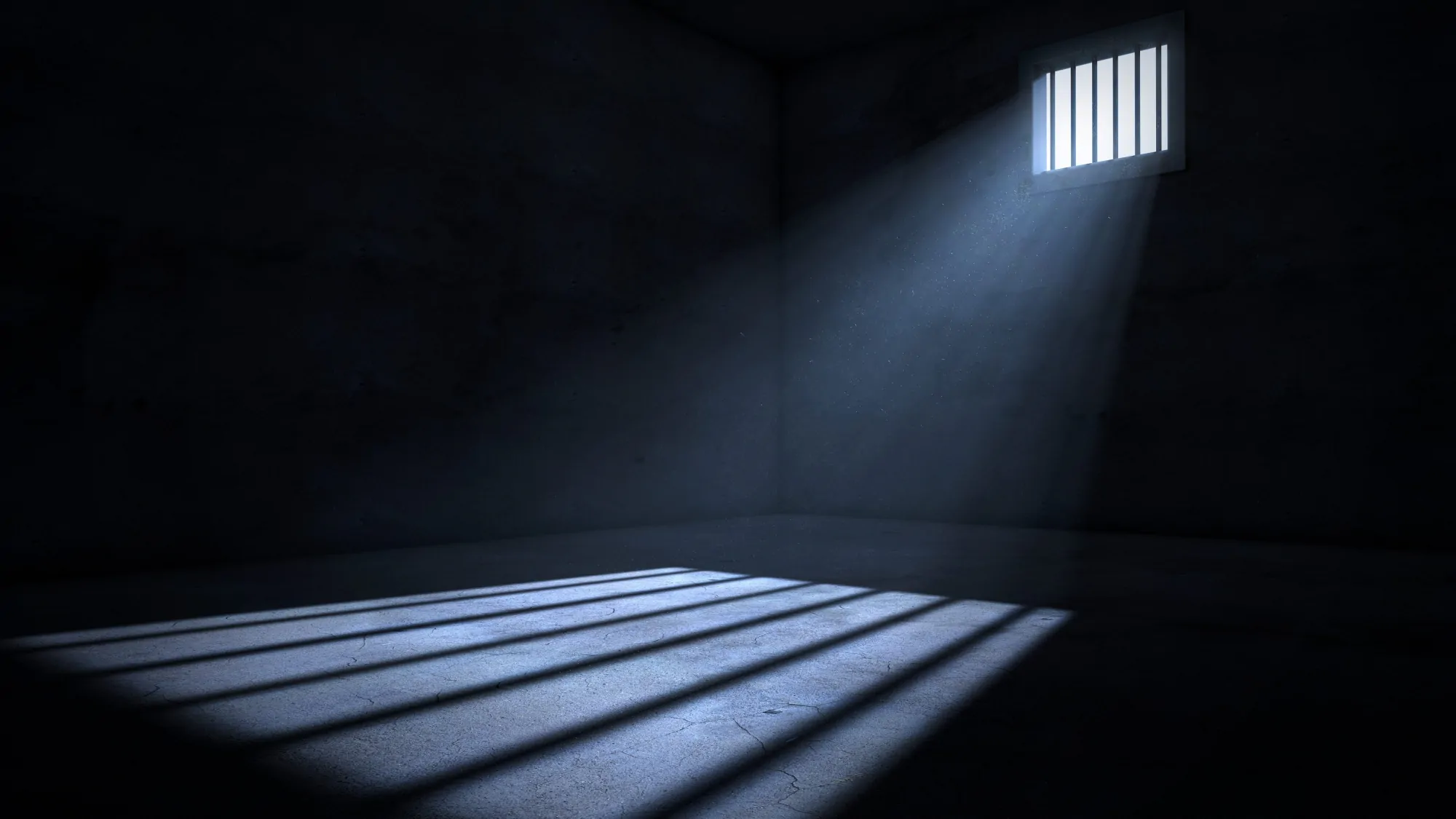Thursday, the Southern Poverty Law Center (SPLC) released a special report that claims that Alabama’s community corrections pay-to-play model prioritizes making money over rehabilitation or public safety. The report, titled “Opportunity Costs: Unequal Justice in Alabama’s Community Corrections Programs,” is the first in a series analyzing what the SPLC sees as serious flaws within Alabama’s community corrections programs and outlining solutions.
“This investigation uncovers the grim reality of Alabama’s flawed community corrections system,” said senior staff attorney for the SPLC Ivy Wang. “A predatory system that puts profit over people is not going to effectively reduce recidivism and, in fact, hurts people’s efforts to succeed in the community. This is a total abdication of leadership from Alabama policy makers who routinely turn a blind eye to those who interact with the criminal justice system.”
Community corrections programs are meant to offer an alternative to prison, allowing people convicted of certain felony offenses to remain in their communities and receive rehabilitative services, at a fraction of the cost of incarcerating them. This is necessary because the state does not have enough prison beds to house all of the state’s many criminals.
State officials are working to reduce the massive prison overcrowding problem so judges sentence thousands of offenders to community corrections, even though their crimes would normally be punished by time spent in a state penitentiary. Sadly, the state has historically not funded the Alabama Department of Corrections well enough to take all of the people off the streets actually convicted of crimes.
An the SPLC’s 8-month investigation by investigative reporters Kathryn Casteel and Will Tucker revealed a loosely regulated, user-funded justice system in Alabama that drains millions of dollars each year in fees from thousands of participants who pay the state not to send them to state prison.
In an April 2019 Letter of Findings, the U.S. Department of Justice (DOJ) cited prison overcrowding and prison conditions as factors contributing to what are allegedly severe and systematic constitutional violations of the rights of those held in Alabama Department of Corrections (ADOC) custody. The DOJ would like to see more of Alabama’s prison population realigned to local oversight.
According to the SPLC’s evaluation of documents prepared for ADOC by each program, community corrections programs have the capacity to divert nearly 9,000 people from prison; but included only 3,618 participants. Despite the additional capacity available, no substantial steps toward realigning people to local oversight have been taken. In addition, ADOC last year spent only about two-thirds of the $14 million that the Legislature appropriated for the programs.
The SPLC’s investigation claims that if the state were to divert more people to these programs, it must also reform them substantially to ensure they are not disadvantaging Alabamians with lesser means.
Alabama Administrative Director of Courts Rich Hobson terminated a court referral program contract in Marion and Winston counties, effective on July 8, after reviewing records that showed a participant was charged duplicative fees for monthly supervision.
“Funding social services on the backs of people with lesser means is cruel, and often has a disproportionate impact on communities of color,” Wang said. “Alabama is one of the most incarcerated places anywhere in the world, and without meaningful reform of the systems that serve as alternatives to prison, it is likely to remain that way.”
The investigation found that Alabama’s 37 community corrections programs are run by a patchwork of largely autonomous nonprofit organizations and county agencies with no common fee structure, charging anywhere from $7 to $30 per drug test or $3 to $15 in daily electronic monitoring fees. In addition to arbitrary fees, the SPLC investigation claims that these programs have little meaningful oversight from the Alabama Department of Corrections, which can place participants in work release that one expert likened to “indentured servitude,” charge participants for duplicative services, and often have no internal data tracking systems to measure success.
These pay-to-play programs place a disproportionate burden on low-income participants who fall into violation traps, where a participant cannot afford exorbitant fees and cycles in and out of programs for longer than they were initially sentenced, sometimes ending up incarcerated, according to the investigation.
The SPLC report said that in Walker County, the judge who sentences pre-trial defendants to the community corrections program previously served as the unpaid president of the program’s board of directors.
The SPLC promises to continue to publish its investigative series into Alabama’s community corrections system, accompanied by data and methodology.





















































